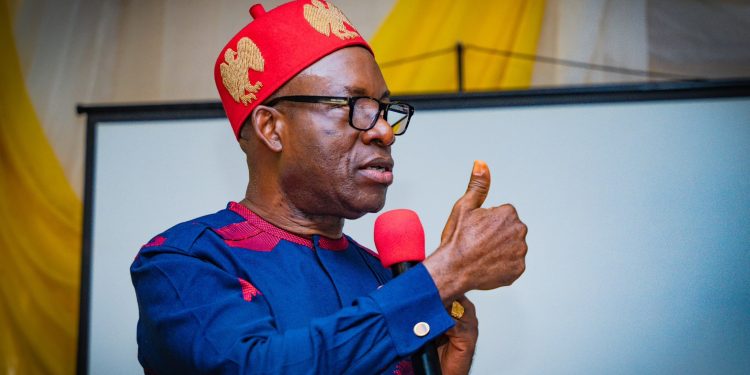Anambra State, Nigeria’s sixth richest state by GDP, is using artificial intelligence to fight corruption, fix payroll fraud, and track local government spending.
The tool behind this move is SmartGov Suite, a locally built AI platform developed by the Anambra State ICT Agency. According to Nonso Okoye, Special Assistant to the Governor on Cybersecurity, the system starts its rollout with local governments — the frontline of service delivery.
“We started with the local governments,” Okoye said, speaking from his office in the new government house. The agency resumed operations there on June 27, 2025.
SmartGov Suite digs into government data. It looks for unspent funds, duplicate records, and suspicious transactions. One early result? A ₦2.1 billion education budget was flagged due to missing disbursement records.
It also tackles Nigeria’s long-standing payroll problems. By analyzing BVNs and NINs, the AI flagged cases where multiple workers used the same bank account. A classic ghost worker trick. “We found instances where one account was used by seven different people,” Okoye revealed.
Procurement isn’t spared. The system noticed one vendor receiving five contracts in three weeks and flagged it for further review.
This isn’t just about catching fraud. Anambra’s broader goal is to unify public data across health, education, and civic services into a single, smart platform. “Right now, everyone is working in silos,” said Okoye. “We’re breaking that down.”
But the innovation brings legal challenges. With no national law regulating AI in government, states risk going in different directions. “One state might completely ban it, while another may fully embrace it,” Okoye warned.
He’s calling for a national AI framework, one that protects users, supports innovation, and ensures ethical standards.
Meanwhile, Anambra is drafting its own AI law. Governor Soludo has formed a team to shape how the technology is trained, used, and governed.
“If we don’t lead ourselves,” Okoye said, “we’ll be led by imported systems. And we might not always like the outcomes.”






















































